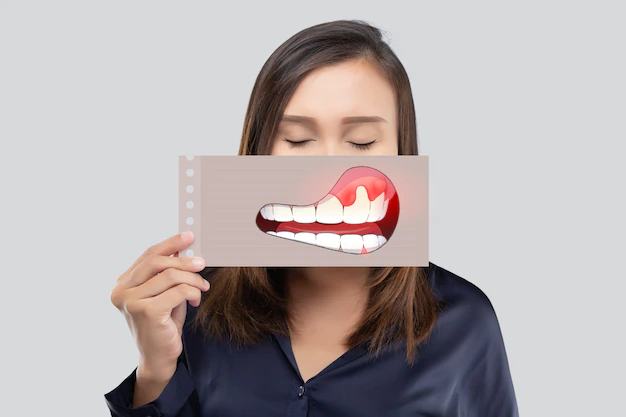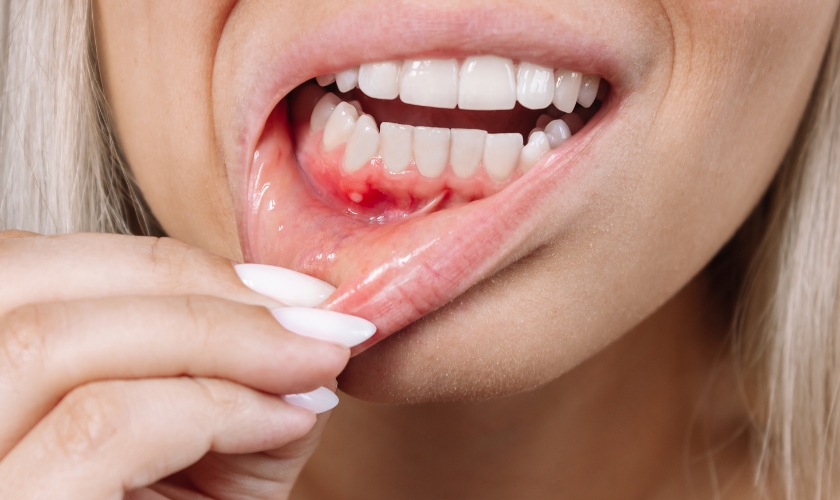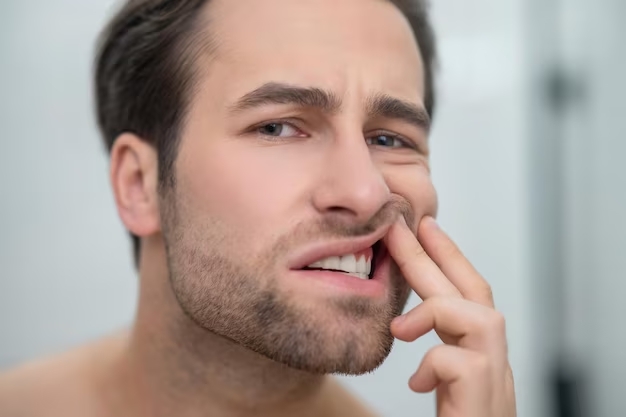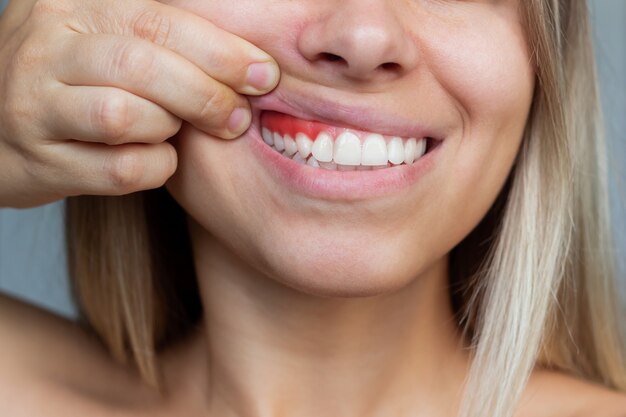How Is Periodontal Disease Diagnosed & Treated?

Know The Common Preventive Dental Care Treatments
July 27, 2022
Know The Effective Tips To Deal With Teeth Sensitivity
August 12, 2022Gum disease is a widespread problem faced by people all across the globe. It is usually indicated by unusual inflammation and infection in the gums. If left untreated, gum problems can cause the teeth to become loose or possibly result in tooth loss. The Centers for Disease Control and Prevention (CDC) estimate that 47.2% of adults age 30 or older and 70.1% of people age 65 or older suffer from periodontal disease.
Diagnosis Of Gum Disease
Some possible ways by which your dentist can diagnose gum problems have been mentioned in the sections below.
You Need To Review Your Medical History
Evaluate your medical history to find any factors which can contribute to the symptoms of gum problems, such as smoking or using medications that cause dry mouth.
Check Your Mouth
Check your mouth for plaque and tartar accumulation and any signs of easy bleeding.
Measure The Pocket Depth
Measure the depth of the pocket that forms in the groove between your gums and teeth. This can be done by placing a dental probe beside your tooth beneath your gumline, usually at multiple locations around your mouth. The pocket depth in a healthy mouth typically ranges between one and three millimeters (mm). Pockets deeper than 4 mm might be a sign of periodontitis.
Go For Dental X-rays
You should also look for bone loss in various areas and also observe deeper pocket depts (if any).
Treatment Of Gum Disease
Treatment for periodontitis aims to fully clean the pockets around teeth and protect the surrounding bone from deterioration. A periodontist, a dentist, or a dental hygienist may provide the gum treatment. The highest chance for treatment success is when you maintain a daily oral hygiene practice and also take care of any underlying medical concerns, and give up smoking.
Non-Surgical Treatments
Non-surgical treatments can be perfect for gum problems that are not very severe. Some of the commonly used non-surgical treatments are scaling, root planing and intake of antibiotics, etc.
Surgical Treatments
Surgical treatments can be required if you suffer from advanced periodontitis or gum disease. The surgical treatments that one can undergo to get rid of severe gum disease are – flap surgery, soft tissue grafts, guided tissue regeneration, bone grafting, etc.
How To Prepare For Your Appointment?
You should start by consulting your dentist. He/she can refer you to a specialist (periodontist) depending on the seriousness of the problem.
You can prepare for your appointment by following the instructions provided here.
What Should You Do?
Make a list of the following things to prepare for the appointment
- Any symptoms you’re experiencing, even those that might not appear related to the appointment’s purpose.
- Important personal information, including any existing medical conditions.
- The dosages of all medications you use, including prescription and over-the-counter drugs, vitamins, herbs, and other dietary supplements.
- Do not hesitate to ask any queries you have related to the problem.
How To Prevent Gum Disease?
We have come up with the most effective tips to avoid gum disease. Go through them and adopt as much as possible.
Maintain Proper Oral Hygiene
You must practice great dental hygiene to maintain your gums’ health. The reason behind it is pretty simple – brushing and flossing help to get rid of the germs in your mouth that can accumulate and lead to gum disease.
Use the correct technique while brushing your teeth twice daily, and floss every day. Make sure to rinse your mouth with water after eating. Moreover, resist the urge to skip flossing.
Be Careful About What You Eat
You might not know that your diet affects your oral health. Certain vitamins and minerals are necessary for the health of your gums.
Vitamin C is essential for healthy gums. It is recommended to include more fruits and vegetables in your daily diet. Also, try to avoid sugary food items and beverages.
Quit The Usage Of Tobacco
Numerous health problems are brought on by smoking or chewing tobacco, including an increase in tartar in the mouth, which puts stress on the gums. Periodontal disease may be avoided or even reversed by giving up smoking.
Final Thoughts
We hope that you now know about gum disease’s diagnosis and treatment process. Get in touch with a dentist near you if you notice any signs of suffering from gum problems. Always remember that ignoring a minor issue at an early stage can be the reason for your nightmare.




